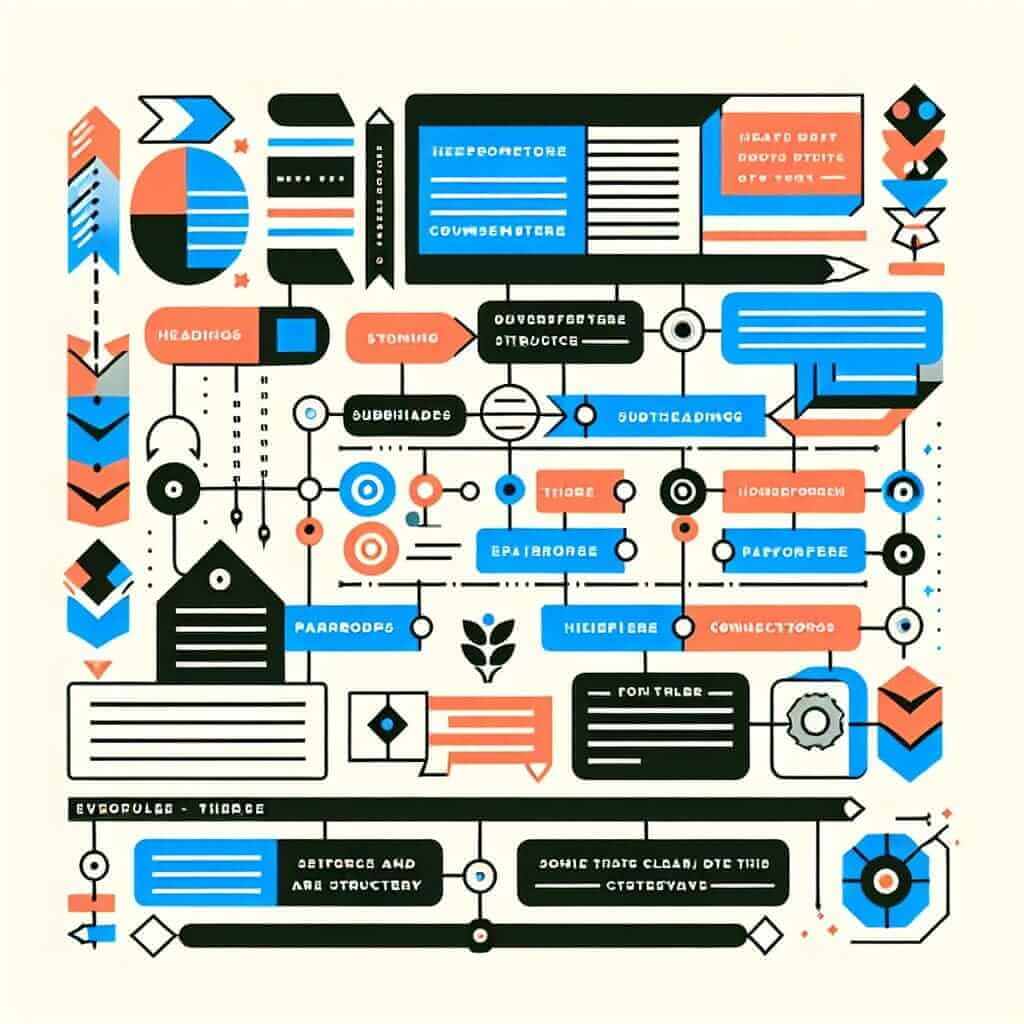The IELTS Reading test is often perceived as a challenging hurdle for many test-takers. It assesses your ability to understand complex texts, extract key information, and interpret meaning. Success in this section hinges upon a strong grasp of essential IELTS reading skills. Mastering these skills is not merely about reading quickly; it’s about reading effectively and strategically.
This comprehensive guide delves into the core IELTS reading skills, providing you with the knowledge and strategies to confidently tackle the test.
Understanding the IELTS Reading Test
The IELTS Reading test evaluates your comprehension and interpretation of academic texts. It comprises three passages, each progressively more challenging, with a total of 40 questions. You have 60 minutes to complete the entire section.
Essential IELTS Reading Skills
1. Skimming and Scanning
- Skimming involves quickly glancing through the text to grasp the main idea and the overall structure. It’s about understanding the gist without getting bogged down by details.
- Scanning is used to locate specific information, such as dates, names, or keywords. It requires quickly moving your eyes over the text to find the desired information.
Example:
Imagine you have a passage about the history of photography. Skimming would help you understand the chronological development of cameras, while scanning would be useful for finding the year a specific type of camera was invented.
2. Identifying Key Words and Phrases
Recognizing keywords and phrases is crucial for understanding the main points and arguments within a passage. These words often signal important information or transitions in thought.
- Keywords: Nouns, verbs, adjectives, or adverbs that carry significant meaning within the text.
- Key Phrases: Groups of words that collectively convey essential information or ideas.
Example:
In a text discussing the impact of social media, keywords could be “social media,” “communication,” “impact,” “relationships,” while key phrases might be “positive effects,” “negative consequences,” or “changing communication patterns.”
3. Understanding Text Structure and Organization
Recognizing how a text is structured helps you navigate through the information more effectively. Pay attention to:
- Headings and Subheadings: These provide a roadmap of the text’s content.
- Paragraph Structure: Each paragraph typically focuses on a single idea. Identify the topic sentence and supporting details.
- Connectors: Words like “however,” “furthermore,” “in contrast,” signal the relationship between ideas and sentences.

4. Inferring Meaning and Making Inferences
The IELTS Reading test often requires you to deduce meaning that is not explicitly stated. This involves:
- Reading between the lines: Using context clues to understand implied meanings.
- Drawing conclusions: Using the information provided to make logical deductions.
Example: A text might state that “The invention of the internet revolutionized communication.” You can infer that communication was significantly different before the internet.
5. Vocabulary in Context
A wide vocabulary is an asset, but understanding words in context is crucial. Don’t panic if you encounter unfamiliar words.
- Use context clues: Look at the surrounding words and sentences to decipher the meaning.
- Break down words: Identify prefixes, suffixes, or root words to understand the meaning.
Tips for Improving Your IELTS Reading Skills
- Read Widely: Engage with a variety of English texts, including newspapers, magazines, journals, and online articles.
- Practice Regularly: Consistent practice is key. Use practice tests and sample questions to familiarize yourself with the test format.
- Focus on Time Management: Develop strategies for managing your time effectively during the test.
- Expand Your Vocabulary: Actively learn new words and practice using them in context.
Conclusion
Mastering the essential IELTS reading skills is achievable with dedication and strategic practice. By understanding text structure, improving your vocabulary, and honing your comprehension strategies, you can confidently approach the IELTS Reading test and achieve your desired score. Remember, consistent effort and a strategic approach are your allies in this journey.